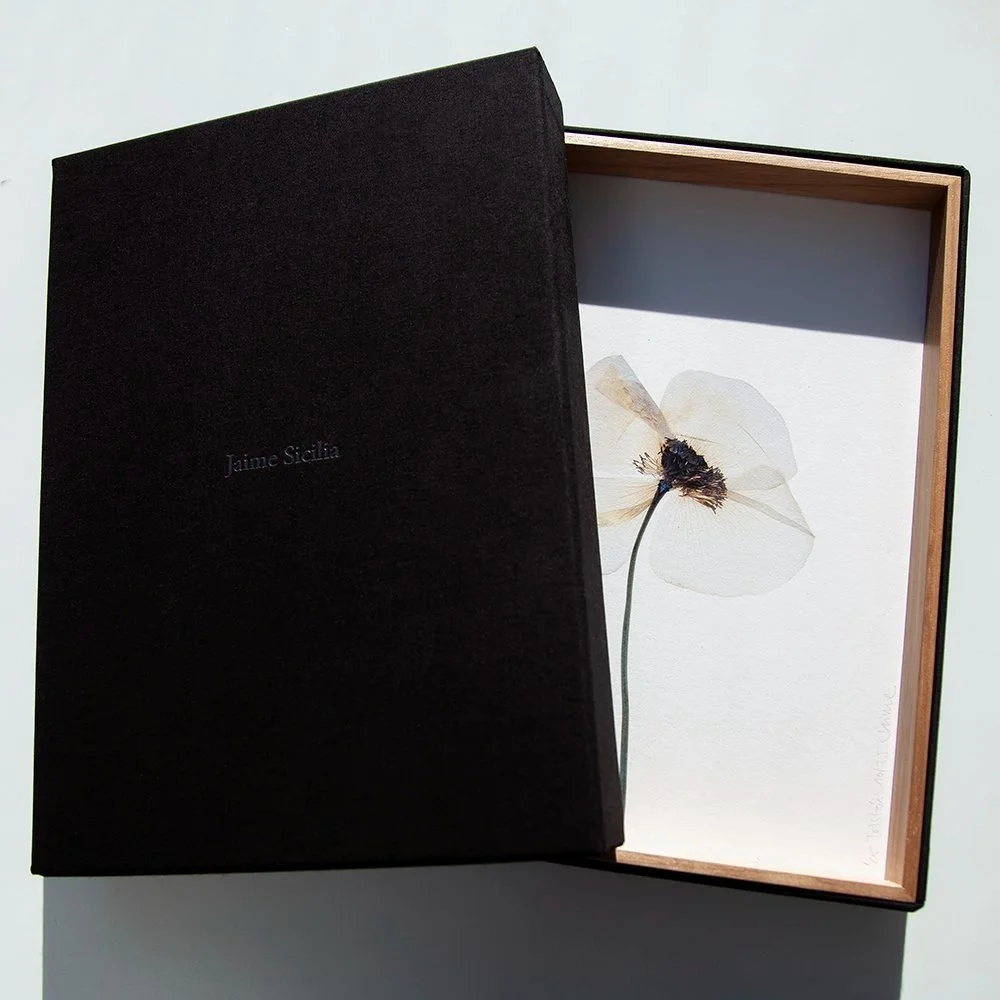The “Amapola” (poppy flower) is a wild and delicate bloom. It has long been recognized as a symbol of peace, sleep, and death. It is a special flower that does not allow itself to be cut. It decays and falls apart quickly. The brilliant color and vibrancy it displays in the field do not last more than a few minutes in our hands. If we want to preserve it and make it last, it must be processed and worked in such a way that it does not spoil. The resulting, imperfect nature will be much more complete and elegant... and it will endure.
"Love and beauty are the two fundamental challenges of human existence, and it takes a lifetime to understand them.”
Beauty repairs.
The white collection is dedicated to male writers and literary characters. Each Amapola is named after a meaningful man whose work has had an impact on our imperfect human nature.
Amapolas (white collection)
-
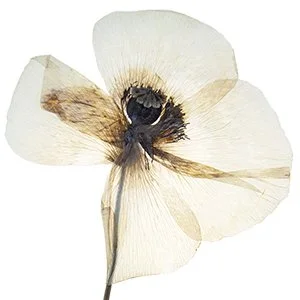
Atticus Finch
“Before I can live with other folks I've got to live with myself. The one thing that doesn't abide by majority rule is a person's conscience."
Atticus Finch
To Kill a Mockingbird - Harper Lee
-

Paul Auster
“For the first time in his life, he stopped worrying about results, and as a consequence the terms “success” and “failure” had suddenly lost their meaning for him. The true purpose of art was not to create beautiful objects, he discovered. It was a method of understanding, a way of penetrating the world and finding one’s place in it, and whatever aesthetic qualities an individual canvas might have were almost an incidental by-product of the effort to engage oneself in this struggle, to enter into the thick of things.”
Moon Palace - Paul Auster
-
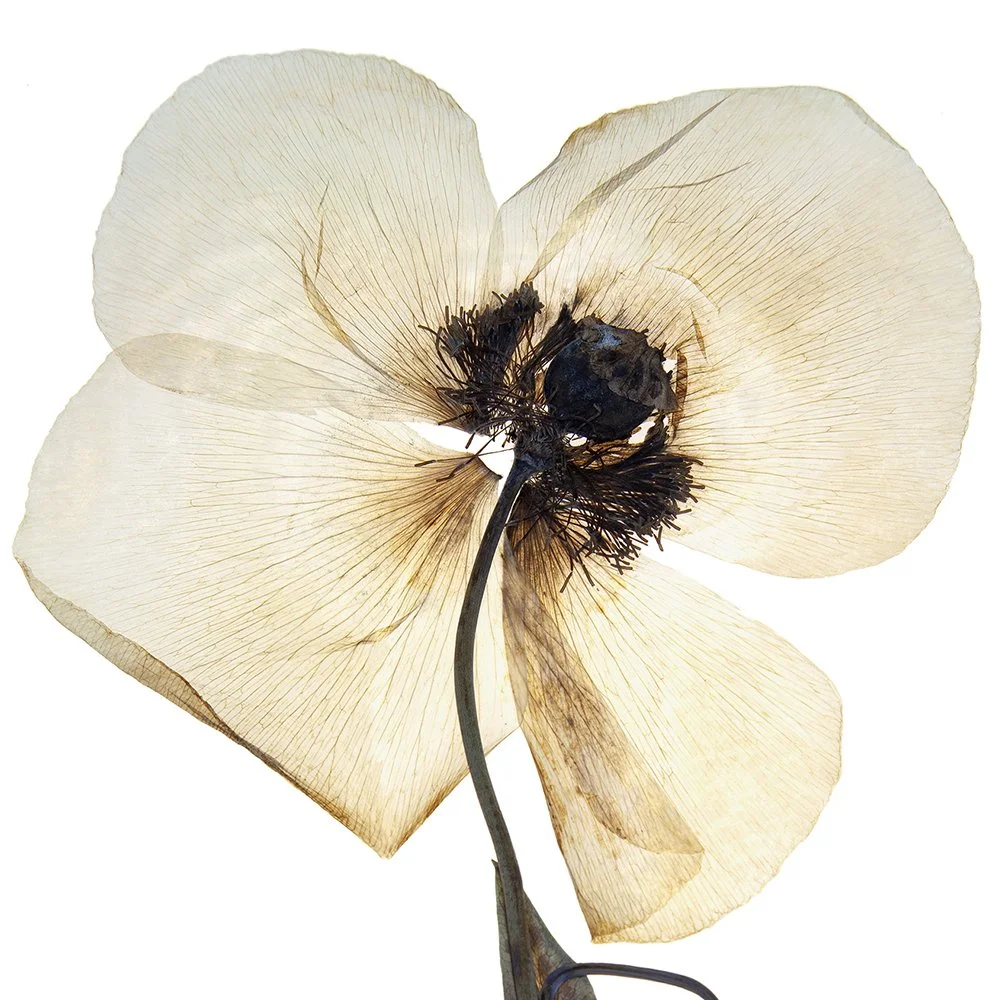
Ernest Hemingway
"That year, at the end of summer, we were living in a house in a small town that looked beyond the river and the plain toward the mountains. In the riverbed, there were small stones and pebbles, white under the sun, and the water was clear and flowing, swift and blue, along the current. The troops passed in front of the house and moved away along the road, and the dust they raised covered the leaves of the trees. The trunks were also dusty, and that year, when the leaves had fallen early, we saw how the troops passed along the road, the dust they raised; the fall of the leaves, torn by the wind; the passing soldiers, and again, under the leaves, the lonely, white road."
A Farewell to Arms - Ernest Hemingway
-
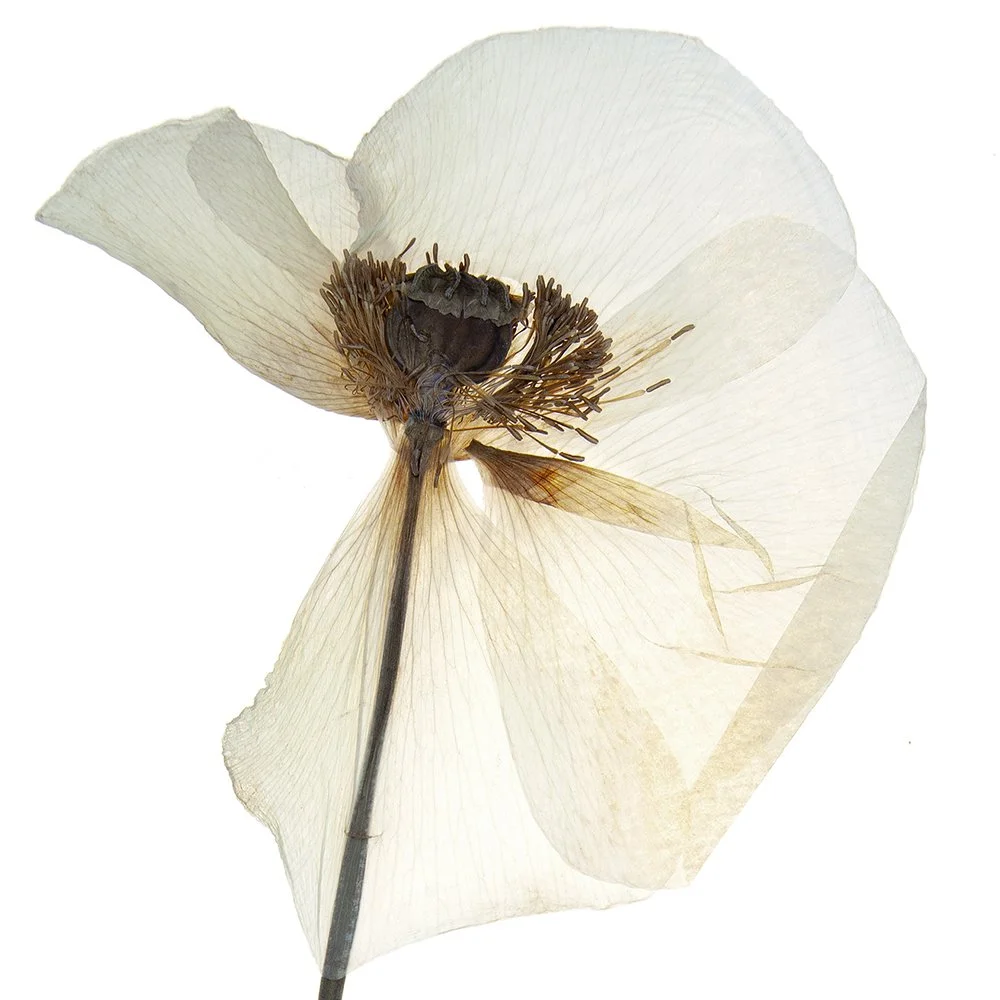
Alessandro Baricco
"Baldabiou knew all those stories. Above all, he knew a legend that was often heard among those who had been so far away.It said that the island produced the most beautiful silk in the world. They had been doing so for over a thousand years, according to rites and secrets that had reached a precise mysticality.What Baldabiou thought was that it was not just a legend, but the pure and simple truth. Once, he had held in his fingers a veil woven with Japanese silk thread. It was like holding nothing between your fingers."
Silk - Alessandro Baricco
-
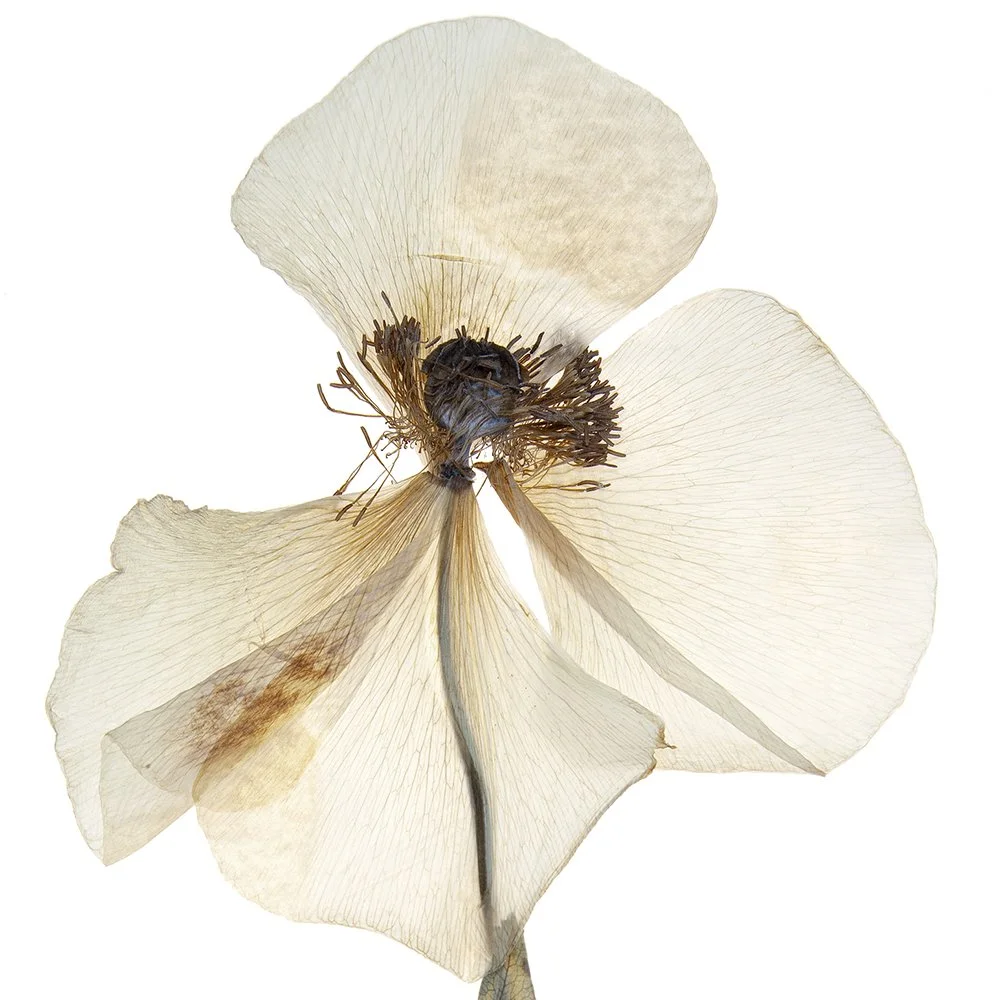
Charles Dickens
"The sun shone brightly over the narrow, crooked streets, casting long shadows and turning the wet stone pavements into shimmering surfaces of gold and silver. Everything seemed alive with the gentle warmth, and the children’s laughter echoed softly as they played in the dust and light."
Oliver Twist - Charles Dickens
-

Kent Haruf
"You’re too hard on yourself," Addie said. "Who ever gets what they want? It seems like no one, or almost no one. It’s always about two people bumping into each other blind, acting from old ideas and dreams and misunderstandings. Except in our case. Not now, not today.
I feel the same way. But you might get tired of me and want to leave.
If that happens, we’ll just leave it," Addie said. "It’s our tacit agreement, isn’t it? Even if we’ve never said it out loud."
"Yeah, when you’re tired, just tell me."
"And you too."
Our Evening in Nebraska - Kent Haruf
-
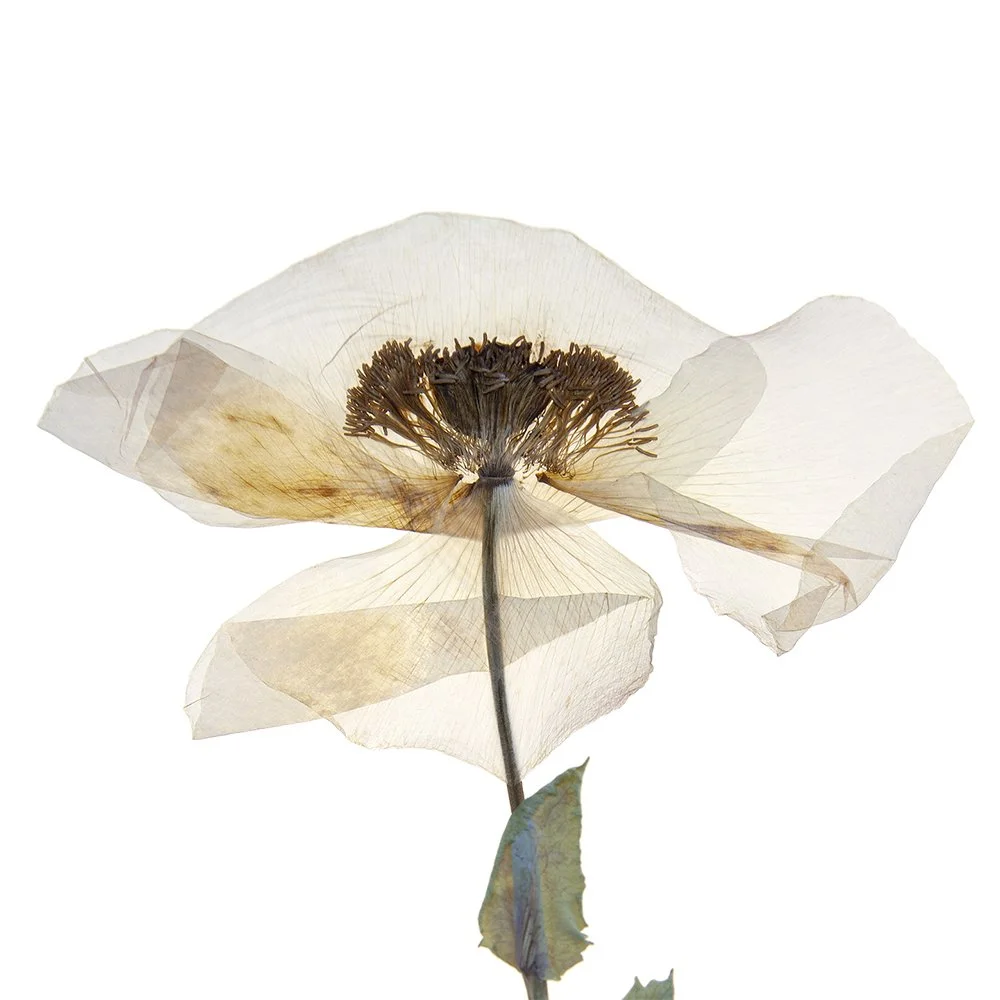
Miguel Delibes
"But Daniel, the Mochuelo, had many doubts about this matter swirling in his mind. He believed he knew how much a man could know. He read straight through, wrote to understand himself, and he knew and knew how to apply the four rules. In truth, there were few things that could fit into a normally developed brain. However, in the city, the studies for baccalaureate supposedly lasted seven years, and then higher education, at university, another seven or more. Could there be something in the world that required fourteen years of effort—three more than the years Daniel had counted? Surely, in the city, much time is lost," thought the Mochuelo—"and, after all, someone may, after fourteen years of study, fail to distinguish a finch from a goldfinch or a cow from a calf. Life was that strange, absurd, and capricious. The thing was to work and toil on useless or little practical matters."
El camino - Miguel Delibes
-

Manuel Vicent
"Like the waves of the sea, the days and hours strike our spirit, carrying within them a particular pain or pleasure that always ends up passing by. When we were naked children on the beach, we had no awareness of the abstract sea, but rather of the surf that invaded the sands, and against it, we set our challenge. Every wave was a combat. Some waves were very gentle, barely wetting our feet, while others, taller, made our bodies float; some even came to fully inundate us with a gentle love, but suddenly, at a distance from our tiny marine horizon, a large, concave wave appeared, adorned with a furious crest of foam, greeted with excited shouts. The children prepared to face it: the bravest preferred to cross through it head-on, digging into it with their heads; others managed to crown it by aligning their body rhythm with the force of the surge; and those who saw in it not a concrete struggle but an insurmountable danger, were left defeated and swept away. How pleasantly one slept that night, salty-lipped and exhausted, burned by the sun but not defeated. Practicing those innocent baths on the shore of the sea is the best philosophy to survive adversities. Infinity does not exist; the abyss is only a concept. The little tragedies of each day are made up of waves that strike the side of our vessel. The only wisdom is to divide life into days and hours, to extract from each a concrete victory over pain and a culmination of pleasure. Only one wave can cause your shipwreck—salvation lies in avoiding it."
The Body and the Waves - Manuel Vicent
-
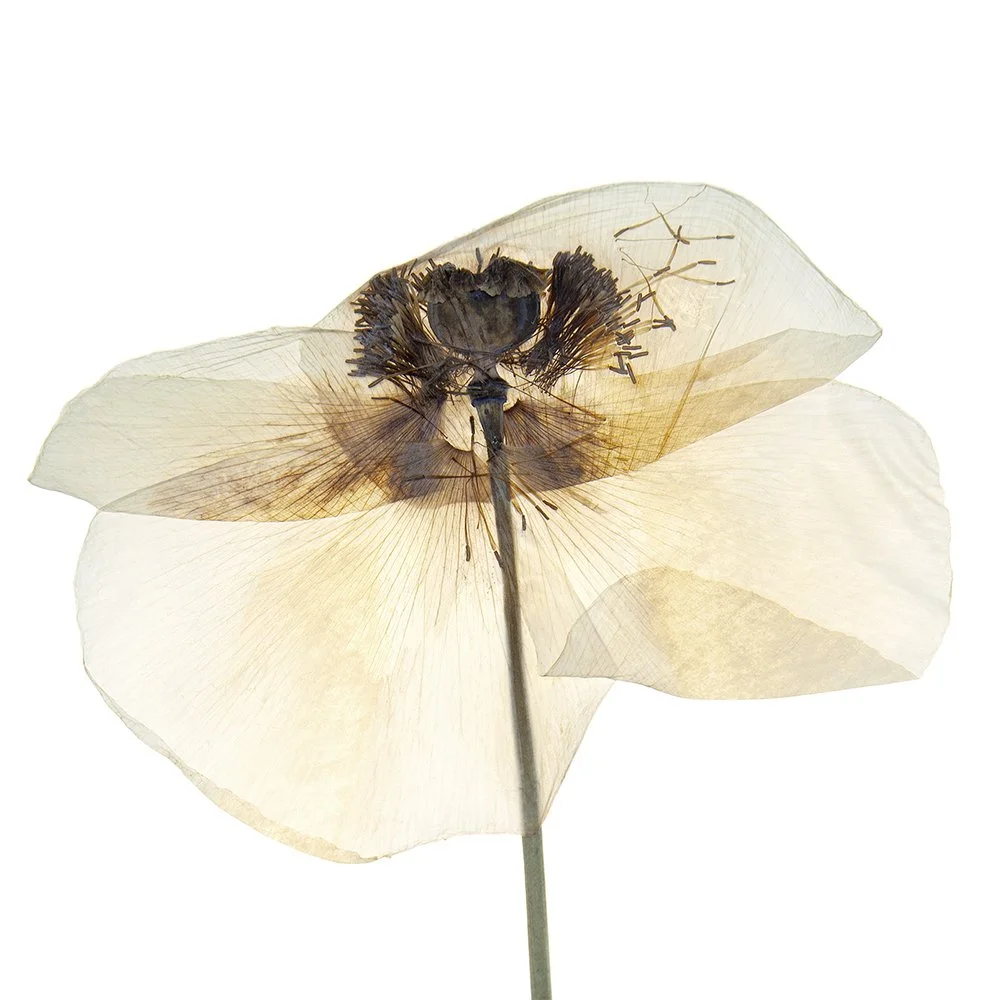
Sam Shepard
VINCE: I was going to run away last night. I was going to run and keep running. Straight to the Iowa border. I drove all night with the windows open. The two dollars of the old man fluttering right on the seat beside me. It never stopped raining the whole time. I didn’t stop even once. I could see myself in the windshield. My face. My eyes. I studied my face. I studied everything about it as if I were looking at another man. As if I could see all of his life behind him. Like the face of a mummy. I saw him alive and dead at the same time. In the same breath. In the windshield, I saw him breathe as if he were frozen in time, and each breath marked him. Marked him forever without him knowing. And then his face changed. His face became his father’s face. Same bones. Same eyes. Same nose. Same breath. And his father’s face changed into his grandfather’s. And it kept going. Changing. Faces I’d never seen before but still recognized. Still recognized the bones underneath. Same eyes. Same mouth. Same breath. I followed my family all the way to Iowa. To the last one. Straight into the corn belt and beyond. Straight to wherever they took me. Then everything dissolved. Everything dissolved. Like this. And those two dollars kept fluttering on the seat next to me.
Buried Child - Sam Shepard
-
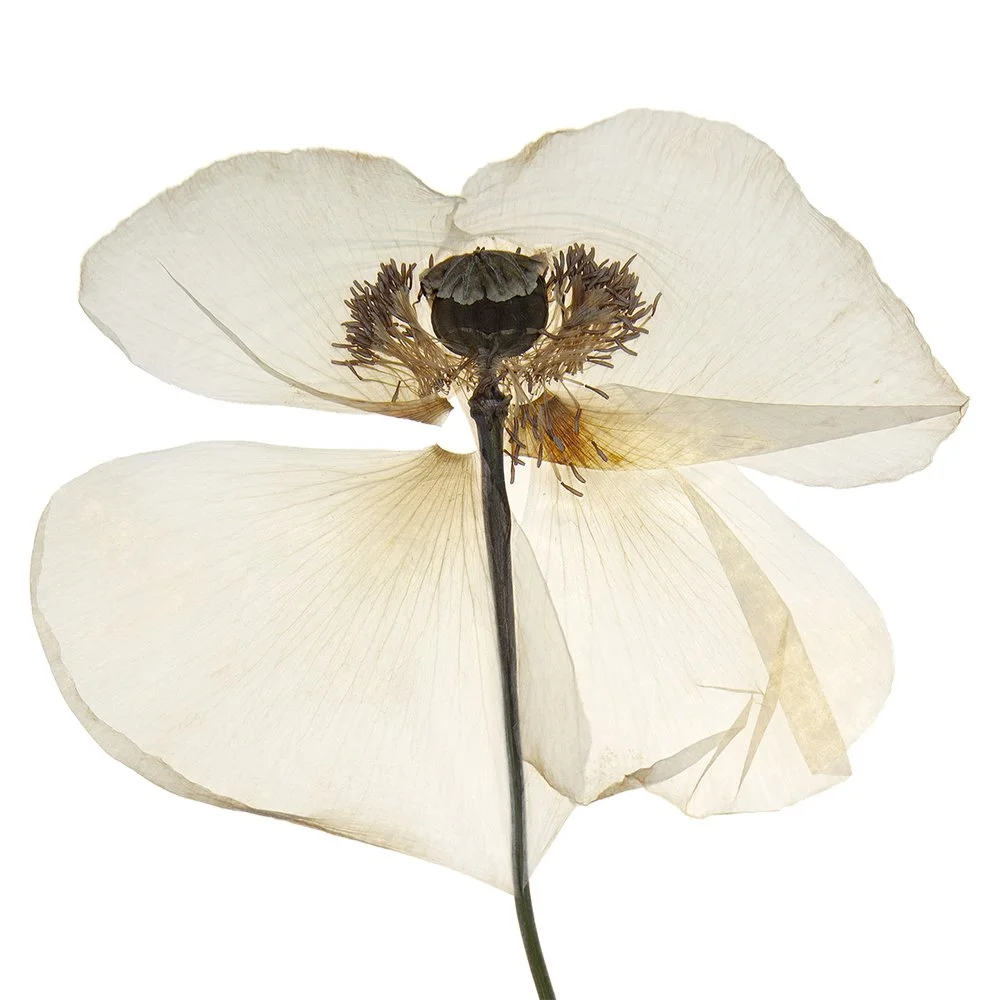
Julian Barnes
"How many times do we tell the story of our lives? How often do we adapt it, beautify it, introduce clever cuts? And the longer we live, the fewer people we have around us to refute our story, to remind us that our life is not really ours, but only the story we’ve told ourselves about it. Told to others, but above all, to ourselves."
The Sense of an Ending - Julian Barnes
-

Henry David Thoreau
"I went to the woods because I wished to live deliberately; to confront only the essential facts of life and see if I could learn what it had to teach. I wanted to live profoundly and discard all that was not life... so that when death came, I would not discover that I had not lived."
Walden - Henry David Thoreau
-
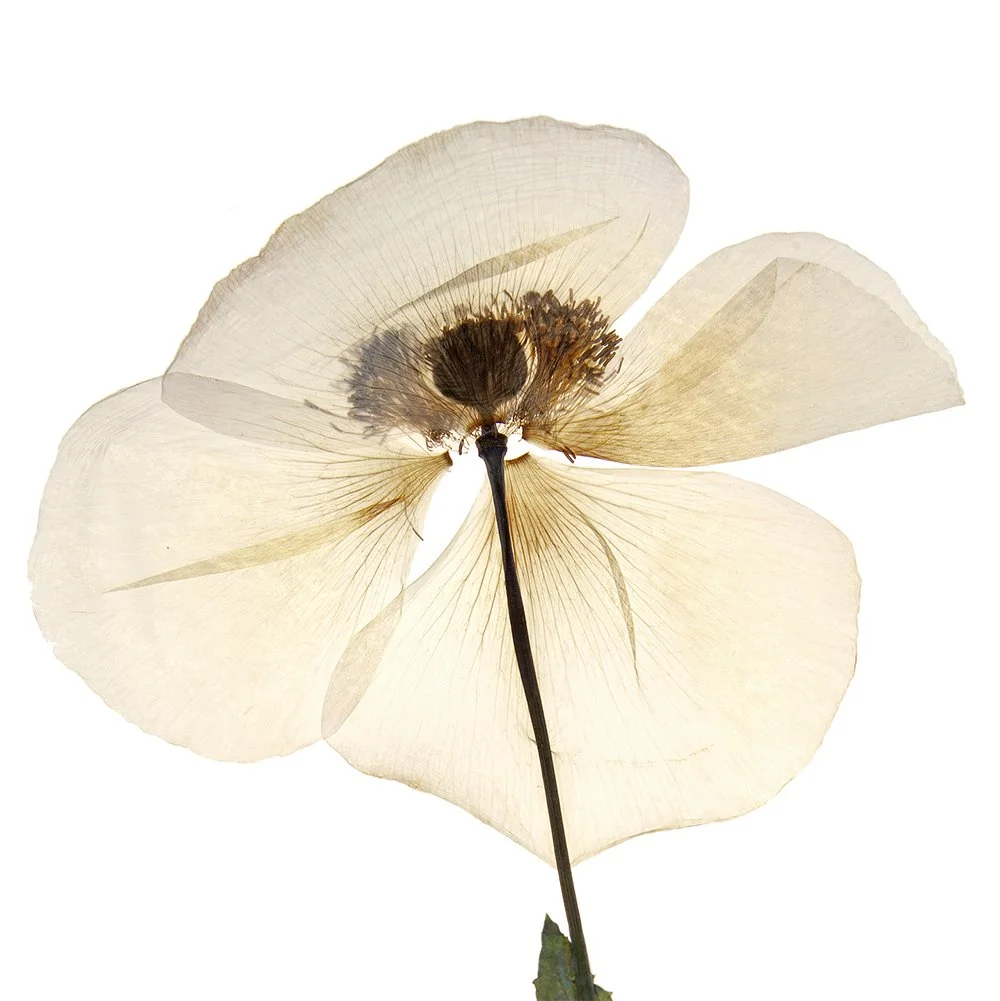
Nickolas Butler
"In life, there are people who turn out to be angels. People who pick up the phone at just the right moment and call because they're worried about you, because they want to hear your voice. People who tell you that there's nothing wrong with crying, or that it's time to stop crying and get up and move on. People who tell you that you are beautiful, that you are enough, that they love you."
Shotgun Lovesongs - Nickolas Butler
-
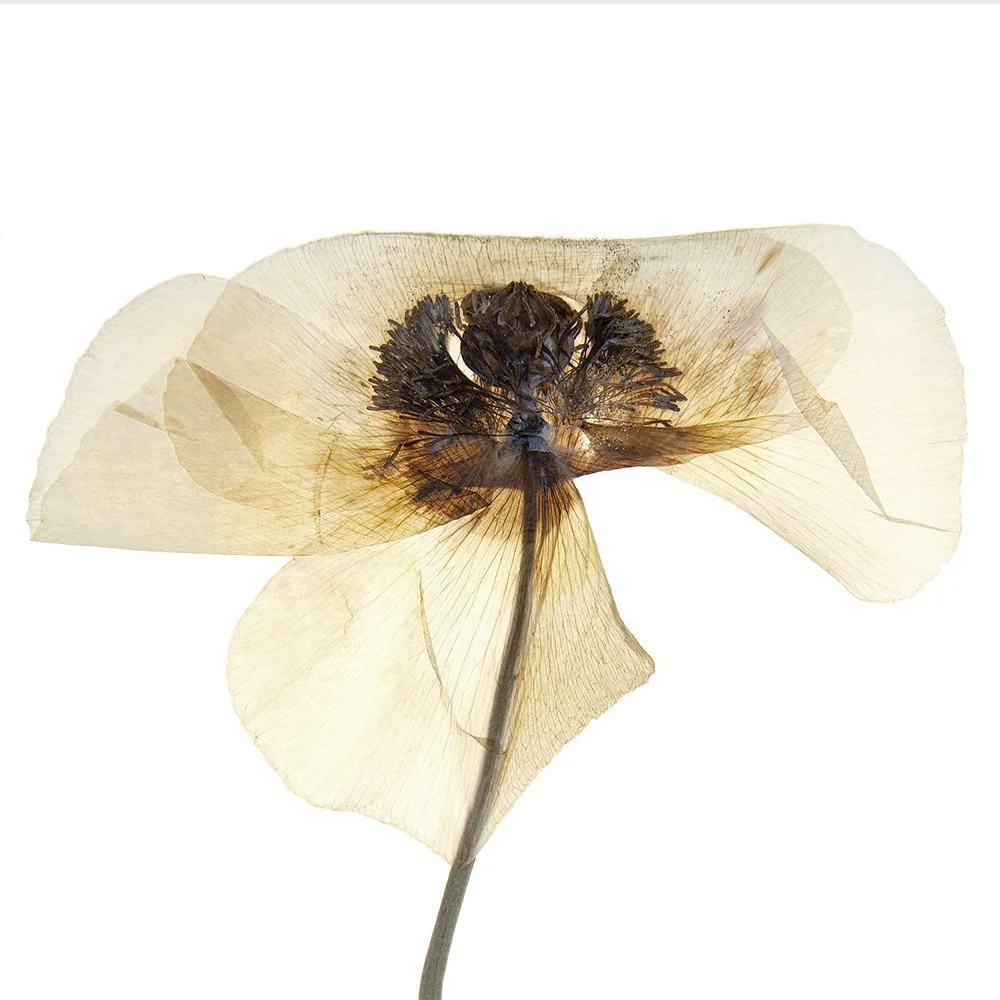
Oscar Wilde
"Dear Bosie: After a long and fruitless wait, I have decided to write to you myself, both for your sake and mine, for I would not like to think that I have spent two long years in prison without receiving a single line from you, not even a mention or message that did not bring me pain.
Our ill-fated and most lamentable friendship has ended in ruin and public infamy for me, but the memory of our old affection often accompanies me, and the idea that hatred, bitterness, and disdain will forever occupy that place in my heart which once held love is very sad; and I believe you yourself will feel in your heart that writing to me while I waste away in the loneliness of the prison life is better than publishing my letters without my permission or dedicating poems without consulting me, even if the world shall know nothing of the words of pain or passion, remorse or indifference, that you wish to send me in reply or appeal."**
De Profundis - Oscar Wilde
-

Stefan Zweig
"But when a genius is born in art, it endures through the ages. Each of these starry moments, in turn, sets a course for decades and centuries. Just as the electricity of the entire atmosphere concentrates at the tip of a lightning rod, in those fleeting instants and the briefest span, an enormous abundance of events accumulates. What usually unfolds peacefully, in a successive or synchronous manner, compresses into that one single instant that determines everything and makes all decisions. A single 'yes,' a single 'no,' a 'too soon,' or a 'too late' make that moment irrevocable for hundreds of generations, shaping the life of a single individual, an entire people, and even the fate of all humanity."
Decisive Moments in History - Stefan Zweig
-
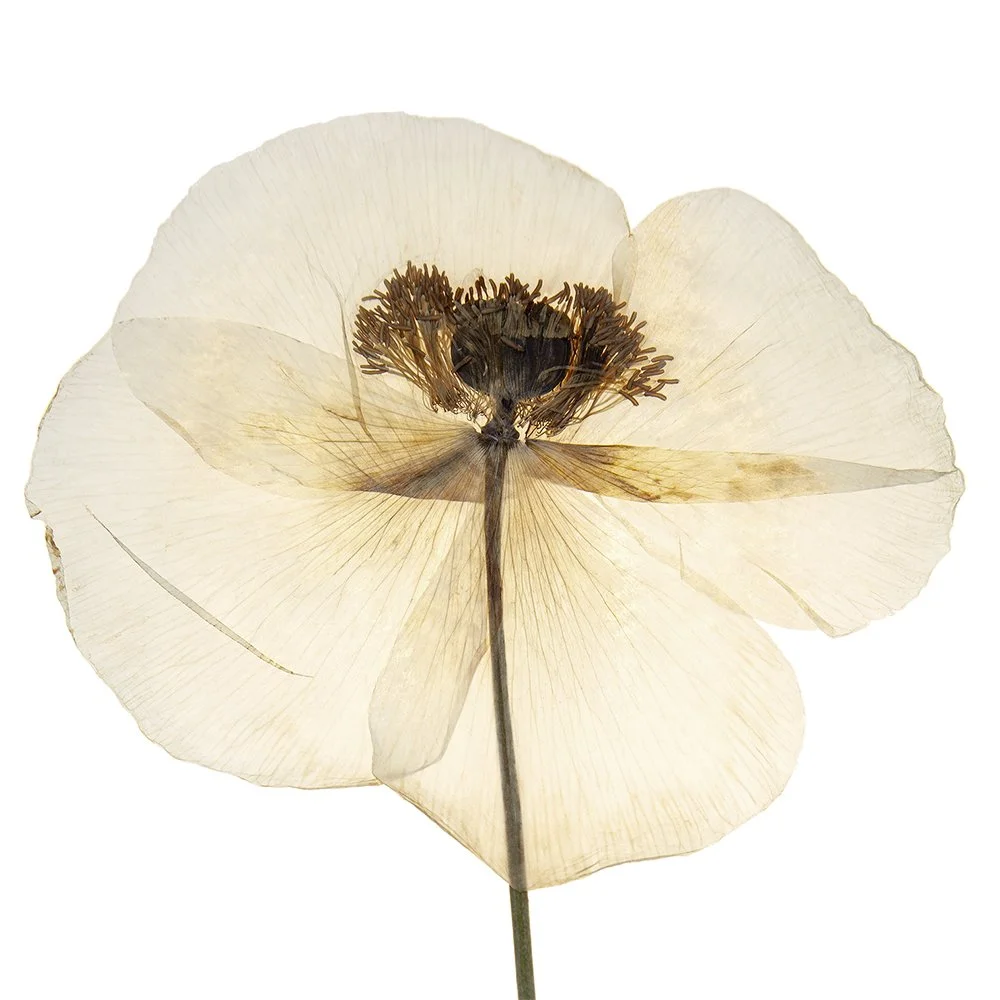
Walt Whitman
I celebrate myself, and sing myself,
And what I assume you shall assume,
For every atom belonging to me as good belongs to you.
I loafe and invite my soul,
I lean and loafe at my ease observing a spear of summer grass.
My tongue, every atom of my blood, form’d from this soil, this air,
Born here of parents born here from parents the same, and their parents the same,
I, now thirty-seven years old in perfect health begin,
Hoping to cease not till death.
Creeds and schools in abeyance,
Retiring back a while sufficed at what they are, but never forgotten,
I harbor for good or bad, I permit to speak at every hazard,
Nature without check with original energy.
Song of Myself, Leaves of Grass - Walt Whitman
-
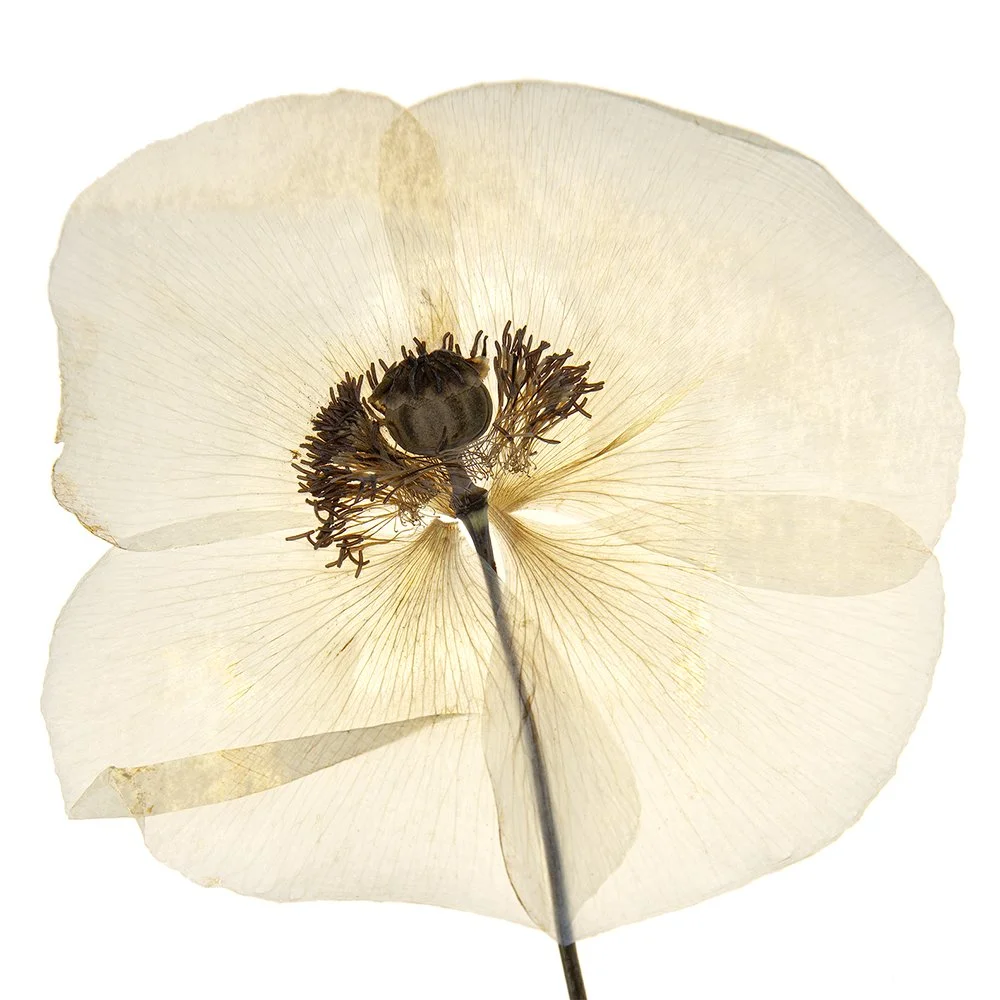
Stoner
"She stayed looking at her for a long while. He felt a distant pity, a begrudging friendship, and a kind of familial respect. He also felt tired sorrow, because he knew that seeing her again would no longer bring him the agony of desire he once knew, and he knew he would never be moved to have her close again, as he had been before. The sadness eased and gently wrapped him, extinguished the light, and he lay down in bed beside her."
"They had reached that point in their life together when they almost didn't speak of themselves anymore, lest the delicate balance that allowed them to live together be broken."
"In his forty-third year, William Stoner learned what others, much younger, had learned before him: that the person you love at the beginning is not the same as the person you love at the end, and that love is not an end but a process through which one tries to truly know another."
Stoner - John Williams
-

Wallace Stegner
"To a great many people Ruth seems a darling little woman: small, perky, cultivated, bright, interested in people, a good listener and a great talker. Many overlook the Presbyterian missionary inside her, some fail to see the Salvation Army girl, most have never glimpsed the shrew. All know her kindness and the closeness she always feels to any sort of human misfortune or human foolishness, but it took even Ben Alexander a couple of years as her personal physician to understand the agonizing tension that keeps her on an even keel and at the same time threatens to throw her off balance. And nobody but me knows that six-year-old girl who is buried inside her, as impossible to root out as the obnoxious teenager buried in me. Tell me a story, Daddy. Tell me about when you were a teenager of about fifty. Tell me about Denmark, where you were so unhappy.”
The Spectator Bird - Wallace Stegner
-
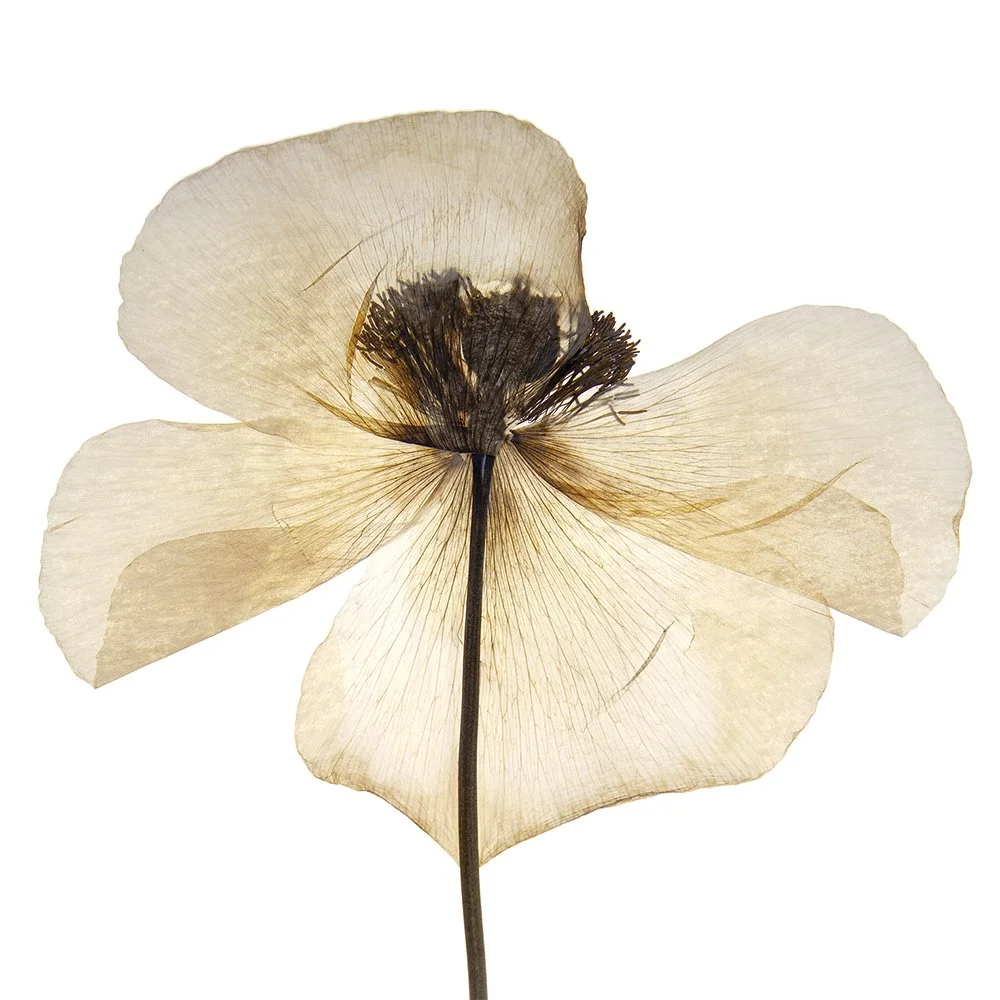
Francis Scott Fitzgerald
"He looked at me with understanding—more than understanding. It was one of those rare smiles capable of comforting us for eternity, which we find only four or five times in life. That smile was offered—or seemed to be offered—to the whole, eternal world, only to then focus on you, exclusively on you, with an irresistible disposition in your favor. It understood you as far as you wanted to be understood, believed in you as you wished to believe in yourself, and guaranteed that the impression it had of you was the one you, in your best moments, hoped to produce."
The Great Gatsby - Francis Scott Fitzgerald
-
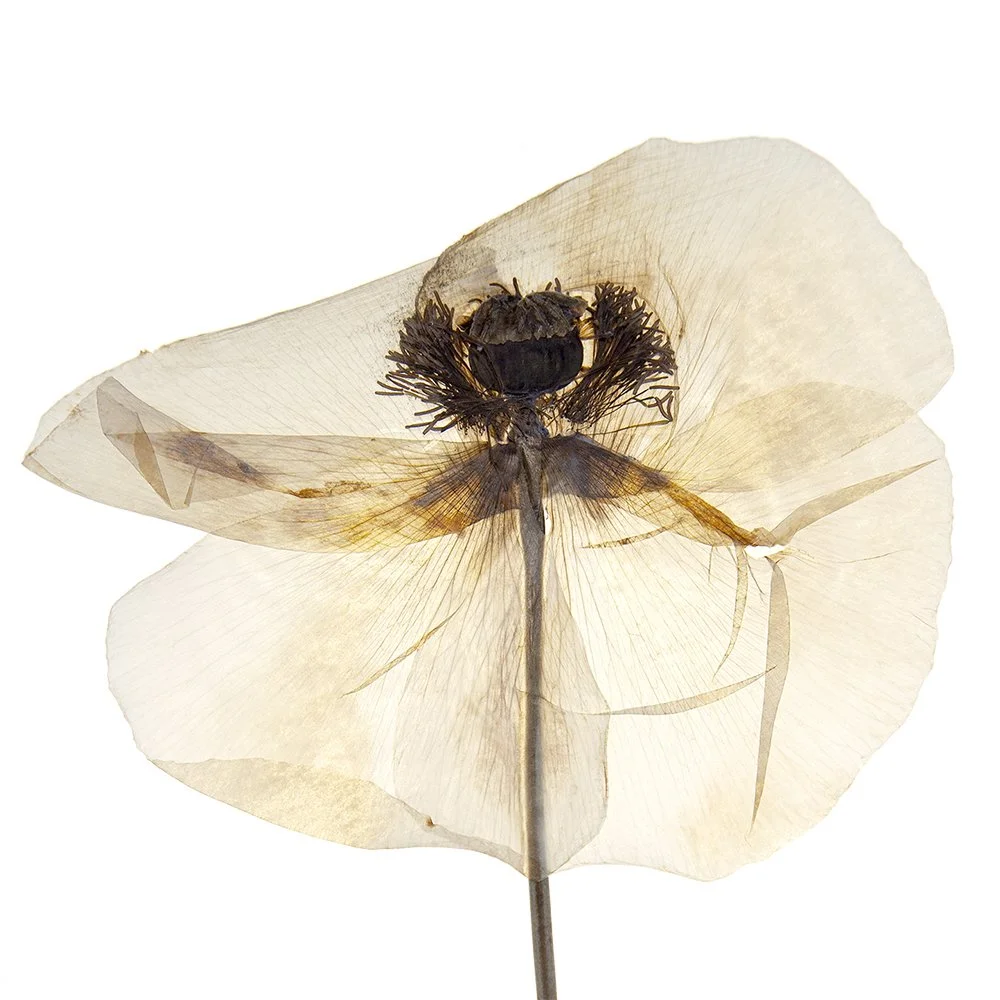
William Shakespeare
"To die... to sleep; No more! And by a sleep to say we end the heart-ache, And the thousand natural shocks that flesh is heir to—’Tis a consummation devoutly to be wished! To die... to sleep; To sleep: perchance to dream—ay, there’s the rub: For in that sleep of death, what dreams may come, When we have shuffled off this mortal coil, Must give us pause—there's the respect That makes calamity of so long life. For who would bear the whips and scorns of time, Th' oppressor's wrong, the proud man's contumely, The pangs of unrequited love, The law’s delay, the insolence of office, And the spurns that patient merit of th' unworthy takes, When he himself might his quietus make With a bare sullied blade? Who would fardels bear, To grunt and sweat under a weary life, But that the dread of something after death— The undiscover’d country from whose bourn No traveller returns—puzzles the will, And makes us rather bear those ills we have Than fly to others that we know not of?"
Hamlet - William Shakespeare
-
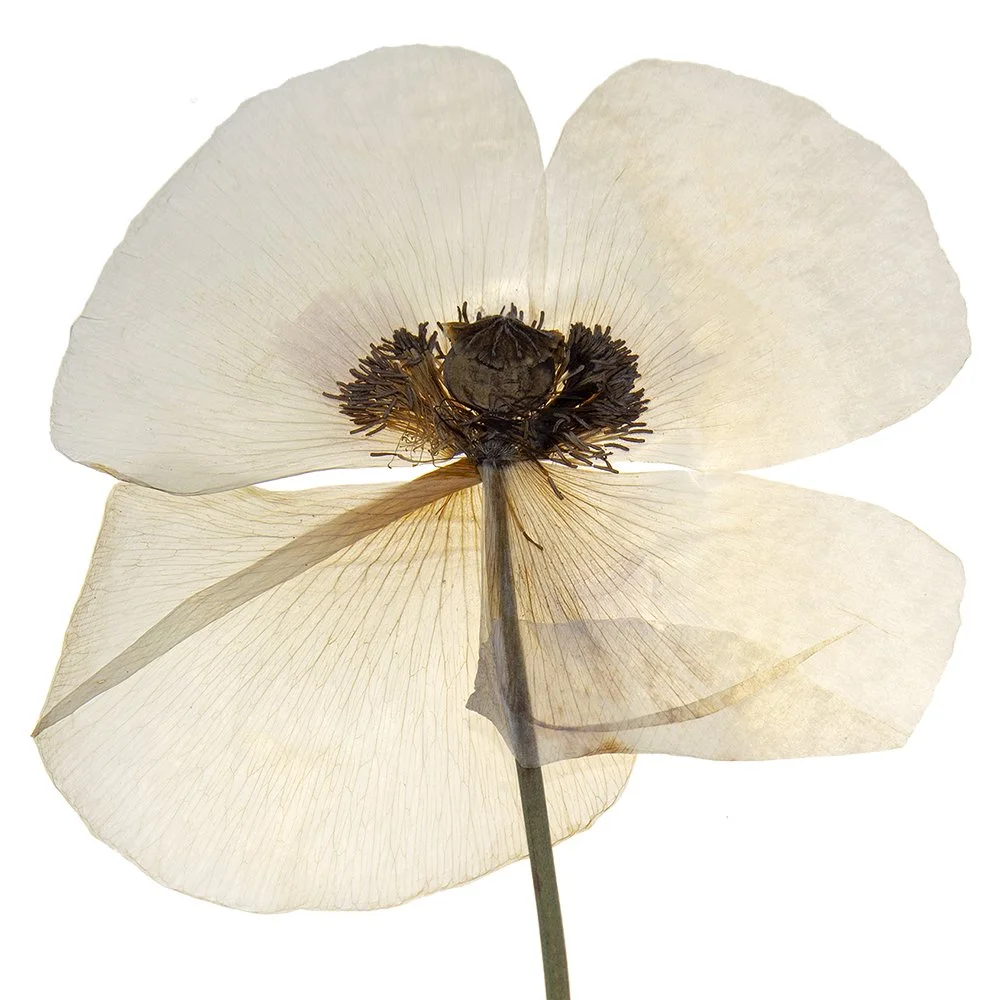
Federico García Lorca
"The moon came to the forge / With its necklace of ginger lilies. / The boy watches it, watches. / The boy is watching it. / In the moved air, / The moon moves its arms / And shows, lustful and pure, / Its breasts of hard tin. / Run, moon, moon, moon. / If the Gypsies came, / They would have with your heart / Necklaces and white rings. / Boy, let me dance. / When the Gypsies come, / They will find you above the anvil / With your little eyes closed. / Run, moon, moon, moon, / For I already feel their horses. / —Boy, leave me, do not step on / My starched whiteness. / The rider approached / Beating the plain's drum. / Inside the forge, / The boy has his eyes closed. / Through the olive grove, / The Gypsies came, / Bronze and dreaming. / Heads raised and eyes half-closed. / How the magpie sings— / Oh, how it sings in the tree! / Across the sky, the moon goes / With a boy holding her hand. / Inside the forge, / The Gypsies weep, / Shouting. / The air keeps watch — watch. / The air is watching her."
Gipsy Ballads - Federico García Lorca
-
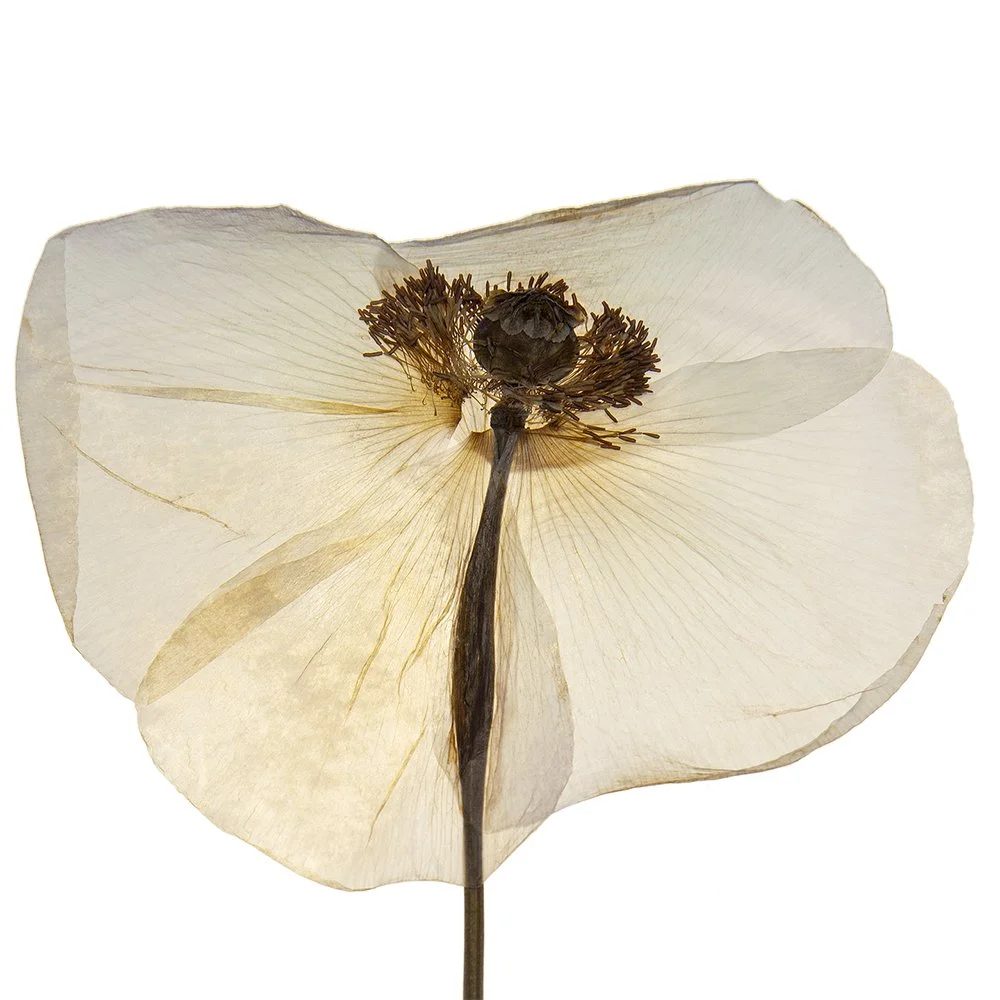
Sandro Veronesi
"You are truly a hummingbird, but not for the reasons you were given that nickname: you are a hummingbird because, like the bird, you put all your energy into staying still. You manage to remain still in the world and in time, you manage to stop the world and time around you; sometimes you even manage to go back and recover lost time, just as the hummingbird is capable of flying backwards. That is why it’s such a pleasure to be beside you.
Only, what comes naturally to you is incredibly difficult for others.
Only, the tendency to change, even if it might not be for the better, is part of human instinct, and you can’t conceive of it.
Only, above all, always being by your side, making all that effort, sometimes isn’t the cure — it’s the wound."
The Hummingbird - Sandro Veronesi
-
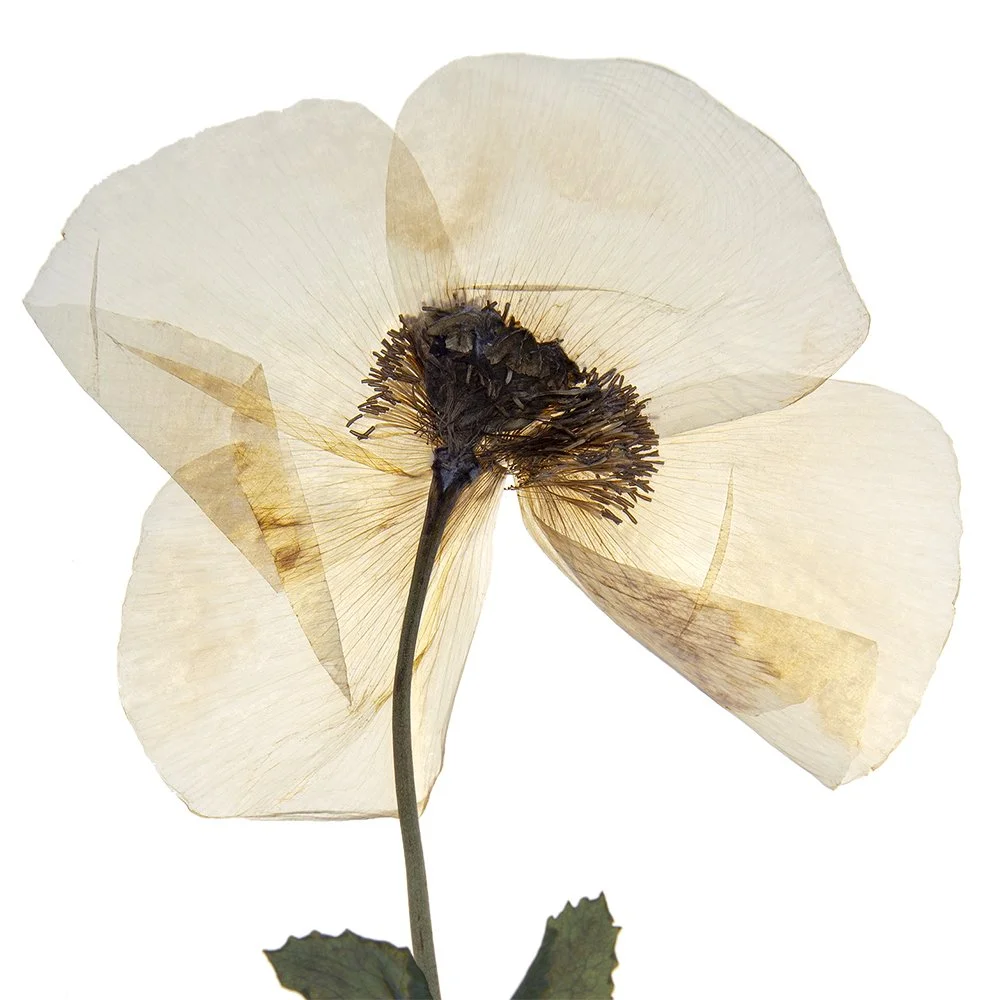
Antonio Tabucchi
"Proserpina wants me in her kingdom; it’s time to leave, time to abandon this theater of images that we call our life. If only I knew the things I’ve seen with the eyes of the soul: I’ve seen Orion’s buttresses high up in the infinite space, I’ve walked—these terrestrial feet—along the Southern Cross, I’ve traversed infinite nights like a shining comet, the interstellar spaces of imagination, voluptuousness, and fear. And I’ve been a man, a woman, an old soul, a child, I’ve been the crowds in the great boulevards of Western capitals, I’ve been the peaceful Buddha of the Orient, whose calm and wisdom we envy. I’ve been myself and others—every other I could be. I’ve known honors and dishonors, enthusiasm and discouragement, I’ve crossed rivers and inaccessible mountains, I’ve watched peaceful flocks and received the sun and rain on my head. I’ve been a woman in heat, I’ve been the cat playing in the street, I’ve been the sun and the moon—and all because life is not enough."
The Last Three Days of Fernando Pessoa - Antonio Tabucchi
-
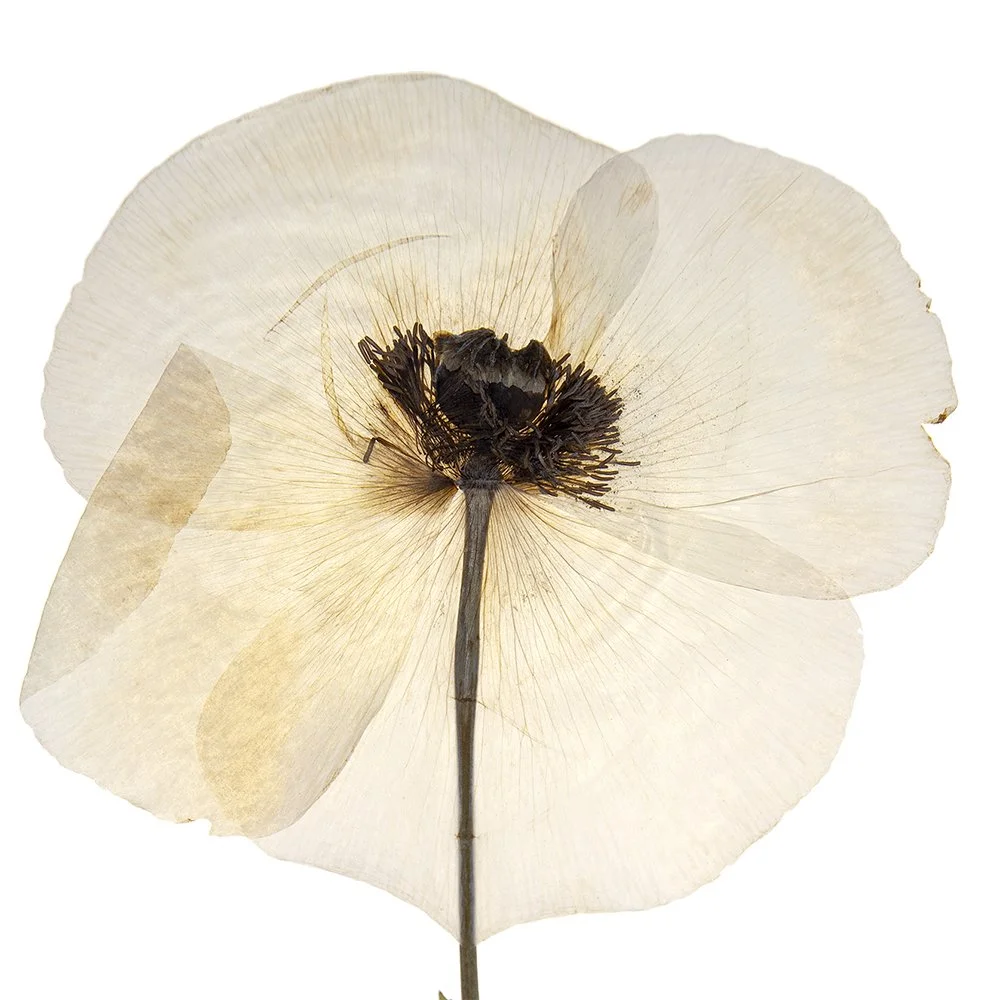
Truman Capote
"Never fall in love with any wild creature, Mr. Bell. That was Doc’s mistake. He always took in wild beings. Hawks with broken wings. Once again, he brought home a red lynx with a fractured leg. But you must not give your heart to wild beings: the more you give, the stronger they become. Until they feel strong enough to run into the forest. Or to take flight and perch on a tree. And then to another taller tree. And then into the sky. That’s how you will end, Mr. Bell, if you give yourself to any wild creature. You will end with your gaze fixed on the sky."
Breakfast at Tiffany’s - Truman Capote
-

Raymond Carver
"I was about to tell you something," Mel began. "Well, I was going to prove something. You see: it happened a few months ago, but it’s still happening right this very moment, and it’s something that should make us ashamed when we talk as if we know what we’re talking about when we speak of love."
What We Talk About When We Talk About Love - Raymond Carver
-

William Faulkner
“Some days in late August at home are like this, the air thin and eager like this, with something in it sad and nostalgic and familiar. Man the sum of his climatic experiences Father said. Man the sum of what have you. A problem in impure properties carried tediously to an unvarying nil: stalemate of dust and desire.”
The sound and the fury - William Faulkner
-
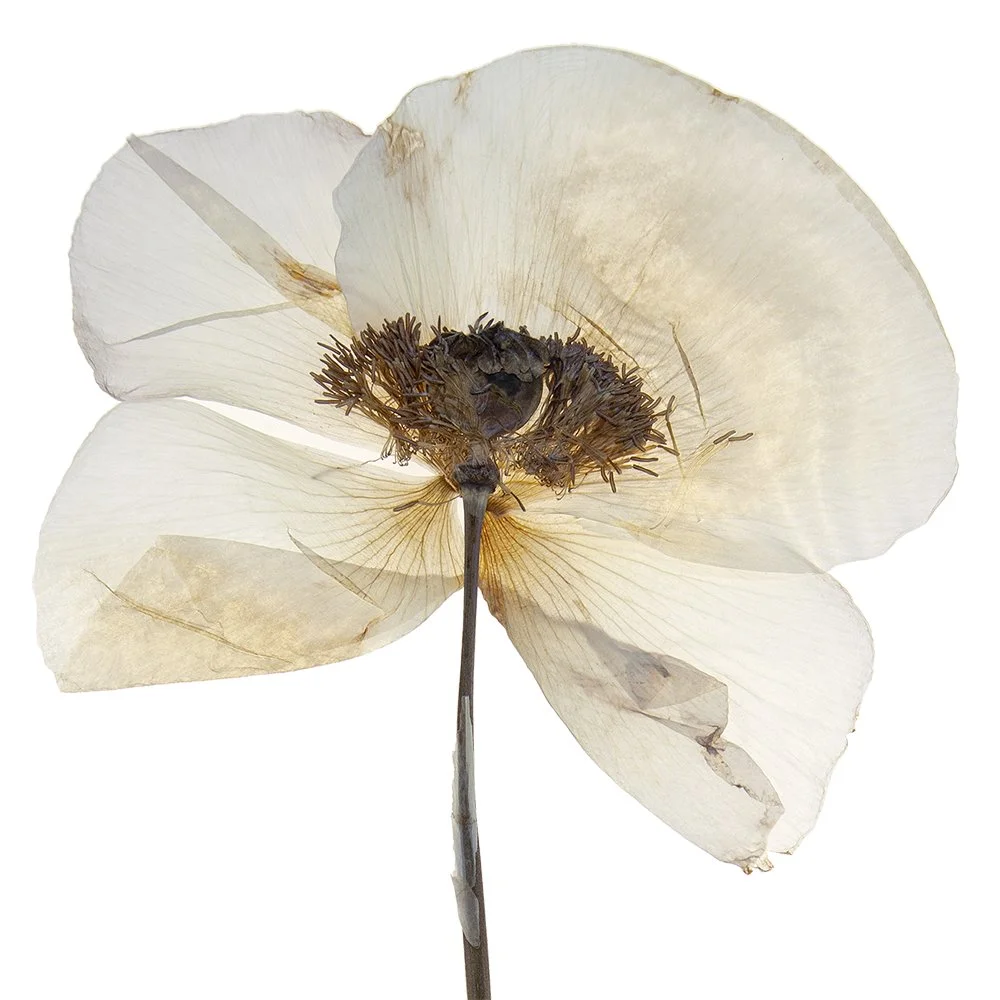
Gabriel García Márquez
"It was inevitable: the smell of bitter almonds always reminded him of the fate of thwarted loves. Doctor Juvenal Urbino perceived this the moment he entered the house, still in darkness, where he had gone urgently to attend to a case that, for him, had ceased to be urgent many years ago. The Antillean refugee Jeremiah de Saint-Amour, a war invalid, a photographer of children, and his most compassionate chess opponent, had set himself free from the torments of memory with a cyanide incense."
Love in the Time of Cholera - Gabriel García Márquez
-
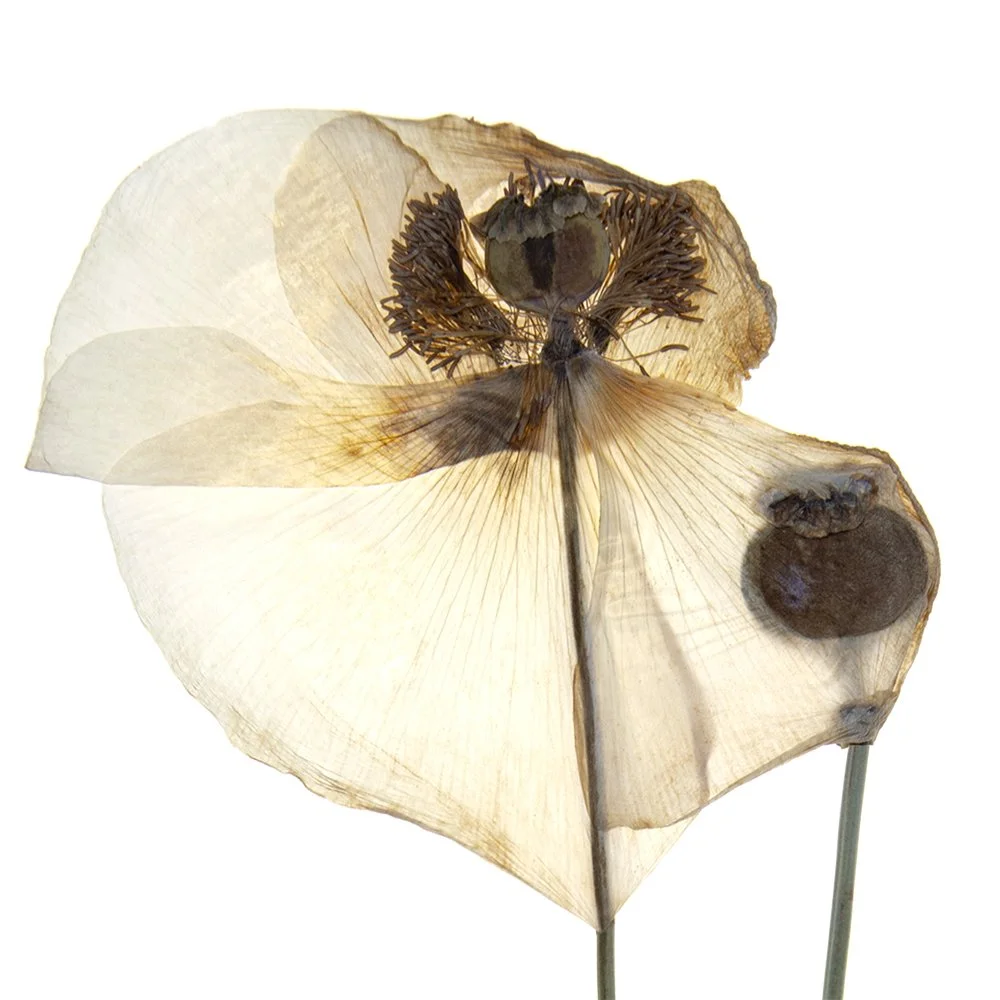
Florentino Ariza
"Tell him yes, even if you're dying of fear, even if you later regret it, because anyway, you'll regret it for the rest of your life if you answer him no."
Love in the Time of Cholera - Gabriel García Márquez
-

James Salter
"He believed in greatness. He believed in it as a virtue, as if he could reach it. He was sensitive to the lives that possessed, beneath the surface, like huge rocks or shadows, a glory that would be discovered, that would surface one day. He had a good eye and a fair judgment to appreciate the value of others’ work. He himself held a moderate respect for his own. In his faith, in the depths of his illusions, was the structure that would appear in the photographs of his time, the famous building he had created and that nothing—neither criticism, nor envy, nor even demolition—could alter.Of course, he didn’t speak of this with anyone, except with Nedra. The subject grew increasingly invisible with the passing years. It disappeared from his conversation, but not from his life. It would always endure, until the end, like a great ship Rusting in the distance."
Light Years - James Salter
-

Tom Wolfe
"Precisely at this moment, in one of those elegant owned apartments located on Park Avenue and so obsessively desired by the mayor... four-meter ceilings... two wings, one for the WASPs and another for the service... Sherman McCoy was kneeling in the middle of the grand hall, trying to attach the leash to a Dachshund. The dark green marble floor stretched endlessly around him. On one side, it led down to the base of a walnut staircase descending in a luxurious curve from the upper floor. It was that kind of apartment whose very idea is enough to ignite fires of envy and greed in people all over New York, or, if we’re being honest, absolutely everywhere. But Sherman only burned with the desire to leave this fabulous little palace for at least thirty minutes."
The Bonfire of the Vanities - Tom Wolfe
-

Leon Tólstoi
"When an apple is ripe and falls from the tree, why does it do so? Because of the attraction of the earth? Because its stem has dried out? Because the sun has dried it? Because the wind blows it? Or because the child underneath wants to eat it?
None of these causes alone. It is a concurrence of conditions — a vital, organic, elementary event. And the botanist who discovers that the apple falls because its cellular tissue decays, etc., will be just as right as the child who, under the tree, says that the apple fell because it wanted to be eaten and prayed for it. And whoever says that Napoleon reached Moscow because that was his desire and that he fell because Alexander willed it will be right — and wrong — just as much as the one who claims that a mountain, which has millions of pounds and has been undermined, crumbled because the last worker struck it with his pick. In historical events, the so-called ‘great men’ are labels that give a title to the event, and like labels, they are those who have the least relation to the event."
War and Peace - Leon Tólstoi
-
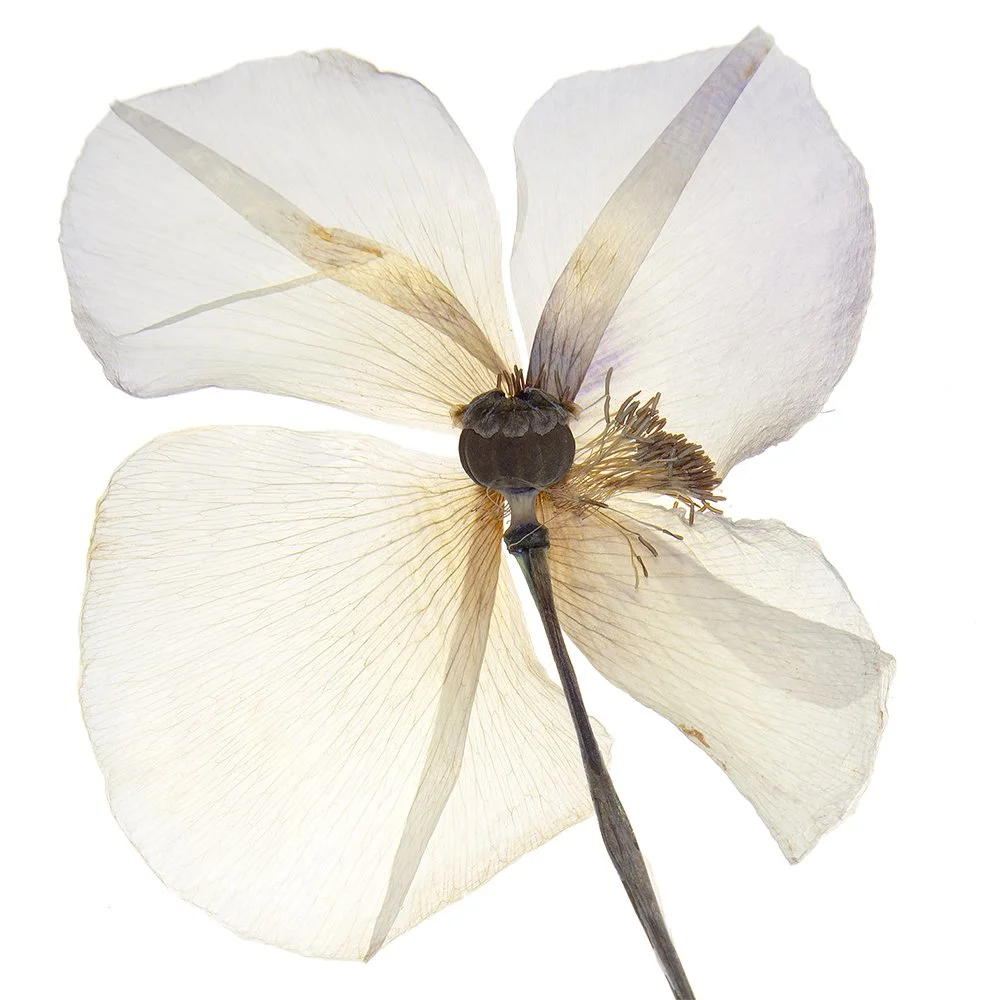
Ivan Turgenev
"The weather was splendid. We moved in precisely on May 9th, St. Nicholas’s Day. I used to stroll sometimes through the garden of our dacha and other times through Nekúchnoe or beyond the barrier. I carried a book—Kaidánov's history manual, for example—although I rarely opened it, preferring instead to recite one of the many verses I knew by heart. I felt my blood restless and my heart oppressed, sweet and stupid at the same time: something was waiting, something intimidated me, yet at the same time, everything surprised me and I was in a state of expectation. My imagination played and fluttered around some fixed ideas, just as larks flutter at dawn around the bell towers. I lost myself, overwhelmed by sadness, and I even began to cry. But through the tears and through the sadness inspired by a harmonious verse or a beautiful sunset, there emerged, like grass in spring, the jubilant feeling of the awakening of a young life."
First Love - Ivan Turgenev
-
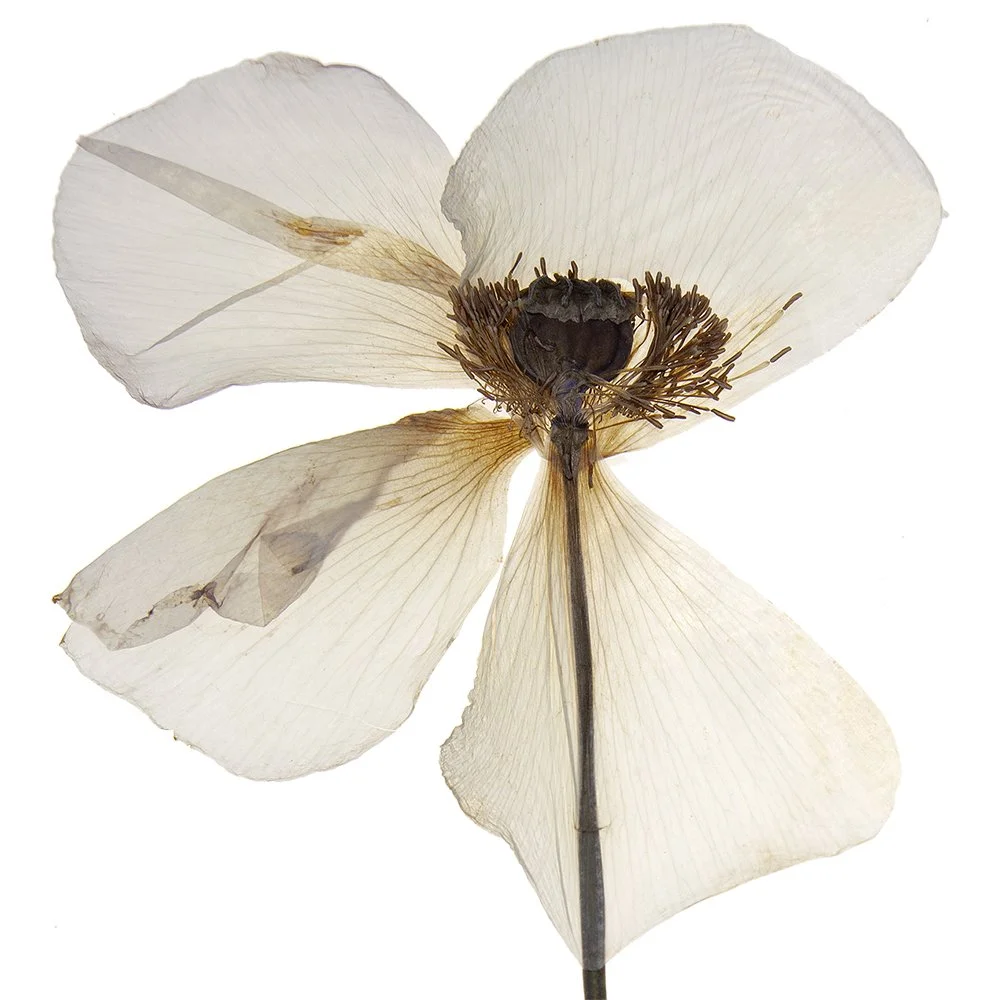
Theodor Kallifatides
"I was eight years old when my grandfather took my hand, and he didn’t let go until we found my parents in Athens. Who knows what might have happened if I had stayed in the village. It was 1946. Early spring of 1946. The almond trees were blooming side by side, and the fields were in their splendor. Before all the other trees, while the north wind still reaps like a sickle, ‘the crazy almond blossom’ blooms, as the song says, and delicate white flowers with a sweet and subtle aroma emerge, reminiscent of almond flavor. We were experts in almonds. We ate them fresh, roasted, scalded, peeled, salted, sugared. The only thing we didn’t do with them was make souvlaki. In June 1941, the Germans entered the village. They took everything edible, and what they couldn’t carry away was left for those involved in the black market. We went hungry. Lands were sold for a sack of flour. Girls were bought for a litre of oil. Souls were extinguished by starvation like fireflies."
The Past is Not a Dream - Theodor Kallifatides

